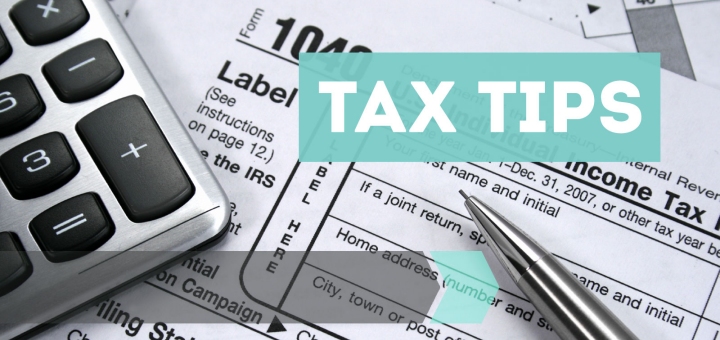When it comes to tax time, anyone running a small business knows, the more deductions you can take, the better. Tax deductions can help reduce the amount you owe to federal, state or local governments. But when the new tax law passed back in 2017, the Tax Cuts and Jobs Act (TCJA), some deductions were reduced and some some went away all together. Plus, with such a major change to the tax law, there has been much confusion and the IRS has has to issue clarifications and will continue to do so in the years ahead
So what can you as a small business owner do to stay on top of the changes in the law and make sure you save the most you can on your taxes? Number one would be to work directly with a tax professional. If you can’t do that, but can do some of the legwork on your own, having a tax pro you can call and ask questions can be a big help.
Either way, there’s a lot you can do on your own to ensure you’re maximizing what you can deduct on your taxes. Here are some key tips:
1. Organize Your Receipts
The first step to making the most of your tax deductions is to ensure any business expense you have is documented in writing. You need proof for every expense you incurred in the process of running your business. This can come in the form of receipts, invoices, canceled checks, and credit card statements. If you have employees, you’ll want to make sure they turn in their expense reports with all their receipts related to the prior year.
2. Keep Detailed Records
Keeping accurate records throughout the year makes it much easier to classify your expenses and put them in the right categories. It’s especially important to keep a detailed log of your travel, business mileage, and business meals. If you’re ever audited, the Internal Revenue Service (IRS) will likely demand thorough records of these expenses. Be forewarned, the Tax Cuts and Jobs Act of 2017 eliminated business deductions for activities generally considered entertainment, amusement, or recreation. That means you are no longer able to write off tickets to the big game or a new hit blockbuster musical.
3. Find Out What Deductions Are Available
It pays to know which deductions you’re entitled to take. As a business owner, you can deduct any costs you incur in operating your business. This includes rent, office supplies, computers, furniture, phone, internet access, interest on bank loans, other professional services, client acquisition expenses, professional subscriptions, and many more. These operational costs are fully deductible on Schedule C of your federal tax return if you can itemize. However, for some small business owners, the new higher standard deduction might be better.
4. Be Sure To Use Your Home-Office Deduction
If you operate your business out of your home, you may be able to deduct expenses related to your home-office. Deductible expenses include insurance, utilities, repairs and maintenance, real estate taxes, home depreciation, a security system, and others. If you can itemize and file Schedule C, you use Form 8829 to figure your total deduction.
Many of these deductions are prorated based on the square footage of your office space in relation to your entire home. Alternatively, you can use a flat-rate deduction of $5 per square foot of home office space for up to 300 square feet, resulting in a maximum write-off of $1,500 per year.
5. Don’t Forget The 20 Percent Deduction For Qualified Business Income
The Tax Cuts and Jobs Act included a new 20 percent deduction on qualified business income (QBI) for pass-through businesses. What this means is that before you figure out what tax you owe, you can reduce your income by 20 percent. This applies to any business owner with pass-through income from a sole proprietorship, most kinds of partnerships, an LLC, or an S corporation. If your business operates as a C corporation, however, you’re entitled to an even bigger break on your taxable income.
6. File On Time or File An Extension
You certainly won’t get the most out of your tax deductions if you miss your filing deadline. The IRS has some steep penalties for missing your filing deadline and not paying your taxes. If you expect a tax refund, you can reinvest your money back into your business. If you owe taxes, you need to pay by the filing deadline to avoid costly penalties or interest.
If for some reason you cannot make the tax filing deadline, make sure you file for an extension to avoid additional penalties. But even if you file for an extension, you should make every effort to make an estimated payment if you think you’re going to owe, and send it off by the original tax filing deadline.
7. Talk To A Tax Pro
Filing business taxes can be extremely complicated. Either working directly with a tax professional or just leaning on one if you have questions can help ensure you get the maximum deductions you’re entitled to take.
Doing your own taxes is never fun or easy. If you haven’t filed yours yet, there still is time to get last minute help. Paying a professional is worth the investment and usually pays dividends. But if that’s not an option, at least keeping good tax “hygiene” habits following the tips above can get you on the right track.

